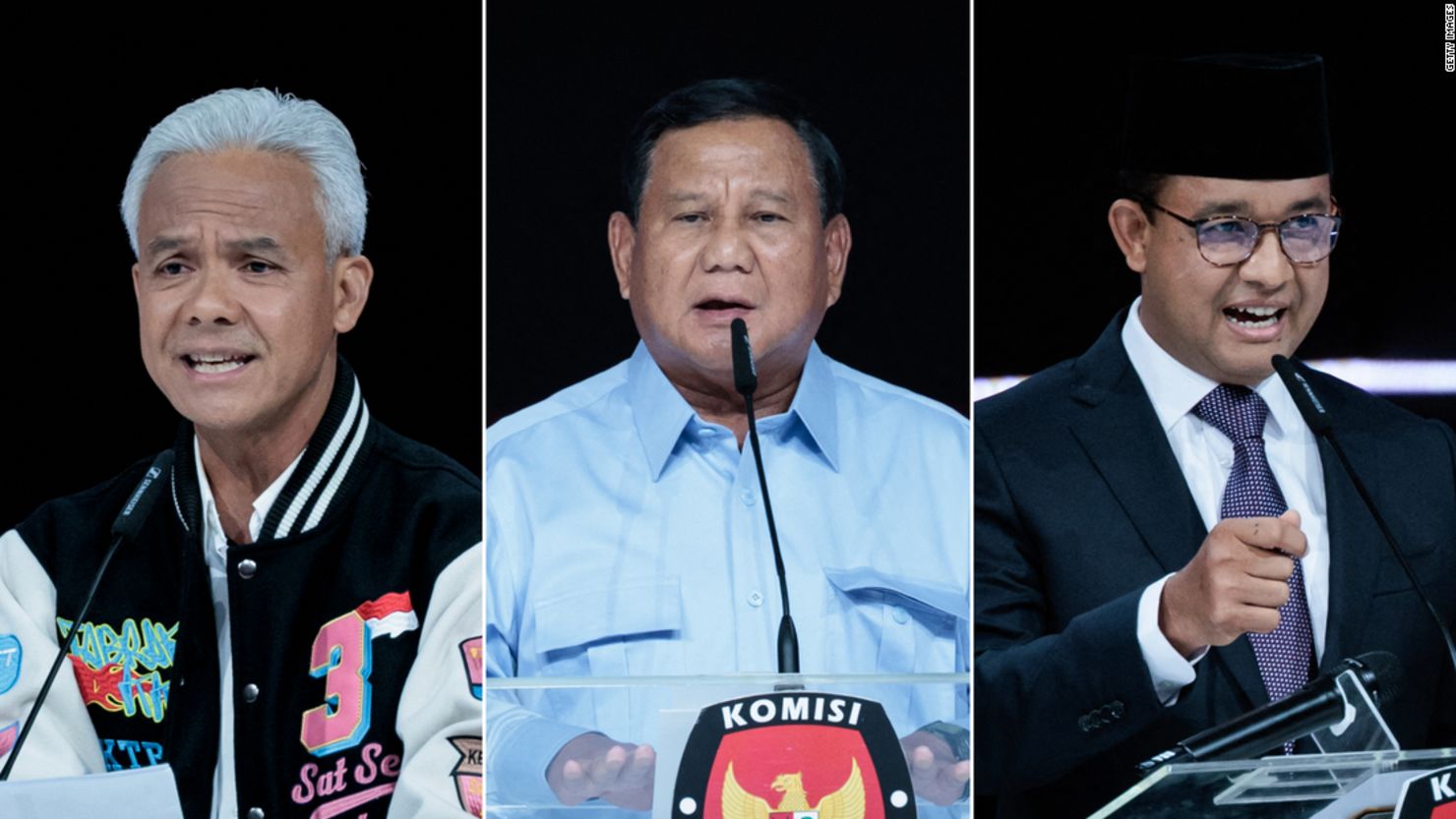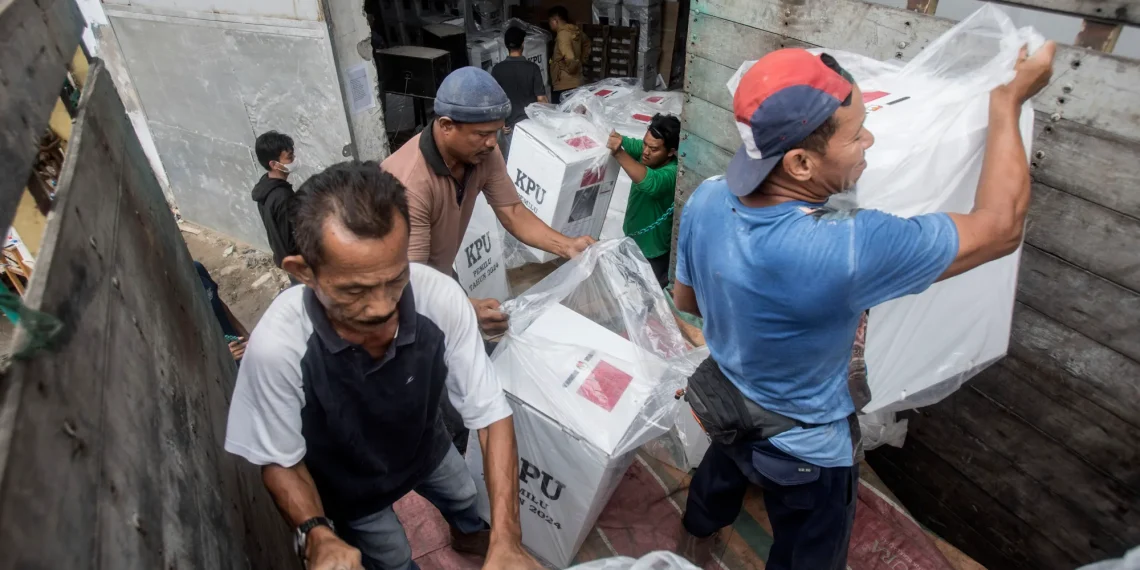RelatedPosts
Indonesian authorities are finalizing security arrangements ahead of Wednesday’s presidential election, deploying approximately 25,000 police officers to ensure a smooth voting process. The election is viewed as a crucial test of Indonesia’s democratic progress since the end of authoritarian rule 25 years ago.
Outgoing President Joko Widodo, known as Jokowi, has overseen a period of steady economic growth and relative stability over the past decade. However, he faces criticism for alleged political interference and efforts to establish a political dynasty, particularly through his association with former special forces commander Prabowo Subianto, who is running for president for the third time.
Despite not explicitly endorsing any candidate, Jokowi’s public appearances with Prabowo and his son’s candidacy for vice president have raised concerns about impartiality. Recent polls suggest Prabowo may secure over 50% of the vote in the first round, positioning him as a frontrunner ahead of rivals Anies Baswedan and Ganjar Pranowo.
Indonesia’s geographical complexity presents logistical challenges for organizing elections, with ballot delivery to remote regions requiring extensive travel by various means, including boats, helicopters, and ox-drawn carts. Inclement weather, such as the risk of extreme conditions in West Java and flooding in Central Java, adds further complications to the voting process.

Jokowi’s perceived support for Prabowo has sparked allegations of electoral rule violations, prompting protests from students and critics who fear democratic regression. The protests echo similar movements in 1998, which contributed to the downfall of former authoritarian leader Suharto and the subsequent transition to democracy.
As Indonesia enters a period of electoral silence leading up to voting day, tensions remain high amid concerns about the integrity of the electoral process and the future direction of the country’s democracy.




